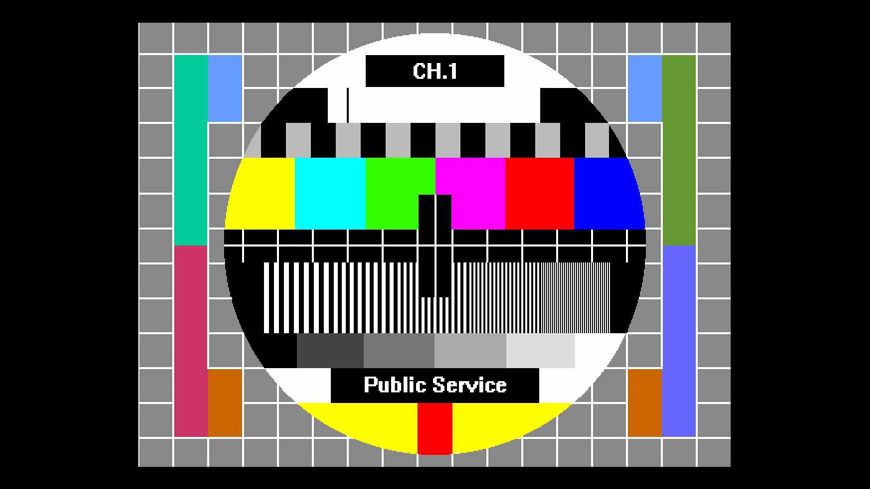
PODGORICA, 04.06.2018. – An analysis of the Council of Europe experts which “scanned” the media scene in Montenegro dealt also with the situation in local public broadcasters (LPB), finding a very bad situation and the bad way they are being financed. All 14 local public radio stations and three local TV/radio public media have in common that they are all financed by their municipalities.
The document concludes that it is difficult to make a detailed analysis of the autonomy and independence of LPB because this topic isn’t usually represented in the existing literature. Nevertheless, the high dependence of these media from the local political authorities was noted and generally they’ve been characterized as very politicized and loyal to the ruling party.
Analysis with the recommendations for harmonization with the standards of the Council of Europe and the European Union was done by Tanja Kerševan-Smokvina (editor), Jean-François Furnémont, Marc Janssen, Dunja Mijatović, Jelena Surčulija-Milojević and Snežana Trpevska.
The authors also recall that in addition to the financial mechanisms, legal protection measures should be established to guarantee the editorial independence of the LPB. In this respect, the specific position of the LPB regarding the media pluralism and concentration is emphasized. Namely, local broadcasters are currently exclusively public broadcasters, who benefit from the de facto monopoly. Their editorial independence is under constant threat of political pressure, and local broadcasters are often portrayed as the voice of local politicians who misuse their significance in terms of funding in order to create editorial policy.
In order to prevent the influence of the founders, amendments that were recommended are almost entirely in line with the propositions of the Trade Union of Media of Montenegro from December 2017, regarding the changes of the Law on Electronic Media and enabling more stable financing of the LPB. It was recommended that the Electronic Media Law should be amended in order to provide sufficient guarantees for the institutional autonomy of regional and local public broadcasters. It is also suggested that the LPB must follow the procedure as well as RTCG before concluding contracts with municipalities as its founders. In order to ensure the autonomy of the local self-government, the amount of financial resources for the LPB shouldn’t be determined by law and there is already a need to introduce into the Law on Electronic Media a provision obliging the municipalities to determine in the founding acts (statutes) the minimum percentage for service obligations that should be provided by local public broadcasters.
The founding documents aren’t yet in line with the new provisions of the Law on Electronic Media, and only a few LPB have started to work on their Proposals of Program Obligations. Some of them are in a very difficult financial situation due to unpaid debt towards the Tax Administration. Namely, due to insecure financing from the municipal budgets, most of the LPB were unable to pay contributions for the gross salaries of employees.
The conclusion is that local public broadcasters should follow the transition of RTCG from the state media into a public service. So the composition of their Councils should truly be pluralistic and reflect the difference of opinion. It is also recommended that although the Council should continue to be responsible for monitoring the day-to-day business and for identifying priorities and reforms, RTCG and the LPB should be accountable to an independent media body and this body should regulate them. It is necessary to establish and effectively implement all measures of independence of the editorial office. And financial resources should guarantee predictability and transparency for RTCG and LPB and shouldn’t be used as a means of pressure, reward or subordination.